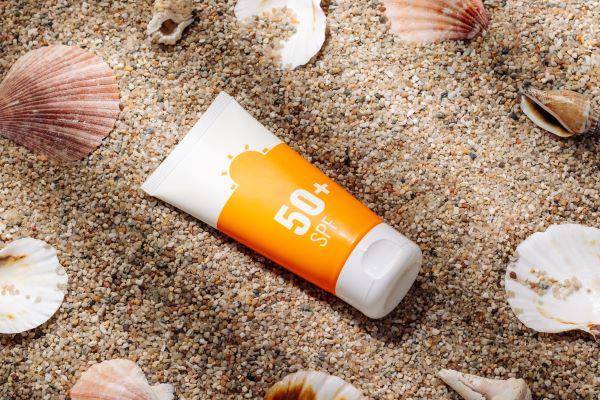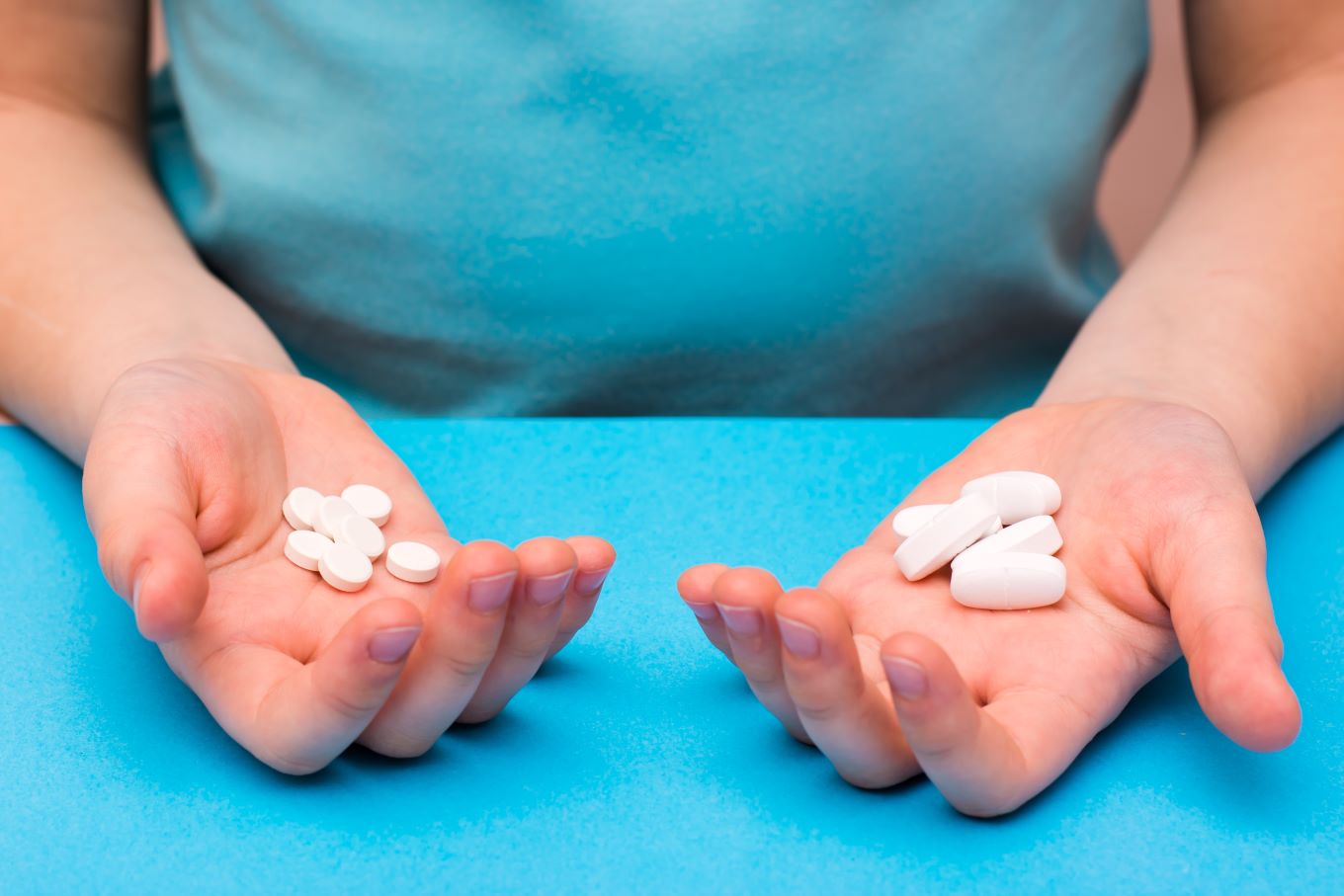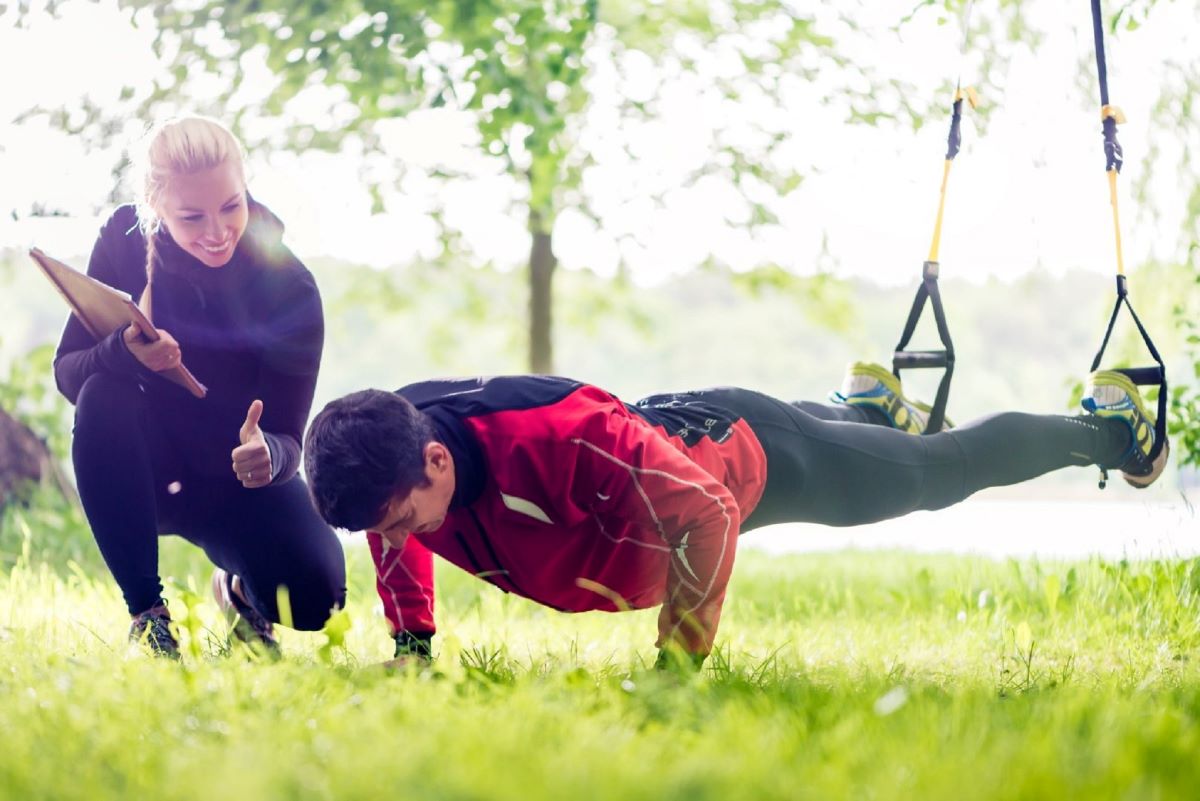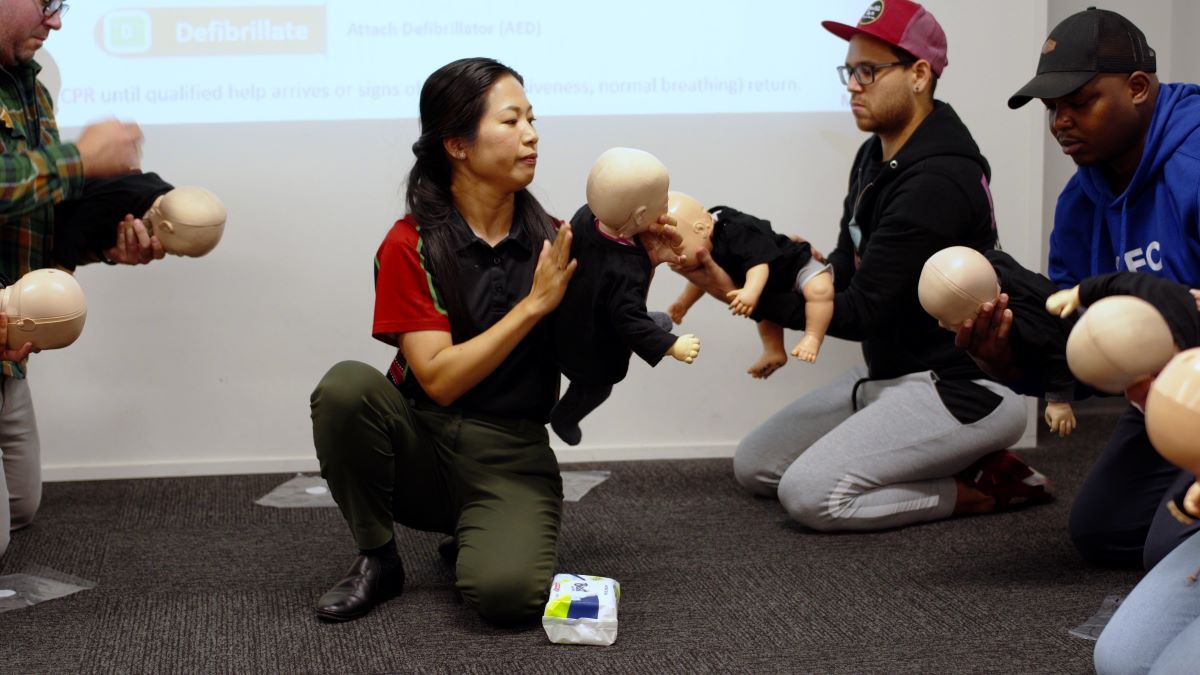Travelling always needs advanced planning and preparation, but the risks of first aid safety are far more complicated today.
While travelling, the last thing we want to think about is the possibility of injuries and the need for medical attention.
However, the fact remains that accidents do happen, especially during the most unexpected times. It is worth knowing basic first aid tips to be proactive, mainly when travelling with small children and elders.
Read on as we give first aid advice on travelling safety. Get to know the common health and safety measures to ensure your well-being throughout the journey.
Guide to Safe and Healthy Travel
Safety must always remain a priority, especially when spending time away from home. When preparing for your trip, a few items should be on your checklist, which we will further tackle below.
Thorough planning, research, and packing the right essentials help prevent many common issues when adjusting to a different environment.
First Aid Travel Safety Tips
Here are five essential tips for ensuring safety for you and your travel companions.
Know the contact number for emergency services
Look up and save the emergency services for your destination, even before getting there. Write it down on a piece of paper or keep them on your phone to have quick access in case of an emergency.
Prepare a First Aid Kit
Build a first aid kit that serves as a travel survival kit that will contain useful medical items to help you safe in an emergency.
The essentials are always a good place to start, such as bandages, gauzes, water containers, food, medications, blanket, and more.
Water Safety
Even experienced swimmers and divers can be caught off guard in unfamiliar conditions of bodies of water and even swimming pools when travelling.
Accidental drowning and other water-related accidents are among the leading causes of death for tourists abroad.
For this reason, we remind people to practice safety when enjoying recreational activities in and around the water. Be extra mindful even while using boats, ferries, and other modes of transportation when exploring tourist spots.
Always follow posted signages, use a life jacket, and do not take unnecessary risks when in the water.
Road Safety
Road and vehicular safety are among the highest risks of accidental travel injuries. According to the latest data, over 1000 Australians lost their lives in traffic crashes in 2019.
To avoid unnecessary accidents, do not drive a vehicle when travelling to another city, state, or country. The traffic laws in other places can vary significantly from what you know.
The ignorance of local traffic regulations can sometimes lead to accidents and fines.
Research what forms of public transportation are safe to use and take extra caution when using a pedestrian. Pay attention to traffic patterns and remain alert when crossing the street.
Drink responsibly
Drinking in moderation is probably one of the travellers’ most important safety tips.
Many people love to explore nightlife while travelling, which often involves drinking alcohol. There is nothing wrong with consuming a beer or two but keep in mind that it is important to know your limit and stop after the fourth drink.
Drinking responsibly also applies even when you are travelling.
Conclusion
The purpose of travelling is to unwind and reduce stress, not add to it. Unfortunately, unexpected injuries may arise, resulting in a stressful experience.
While other factors we cannot control (weather, flight delays, etc.), we can do something to prevent and treat common injuries such as cuts, scrapes, drowning, alcohol poisoning, and more.
The following tips above help you plan a safe and comfortable trip for your loved one without the risks of suffering from these injuries. We also recommend getting a first aid course before your trip to know what to do in case of an emergency.
Now that you know the basic safety tips for safe travelling, it is time to get out and explore the world.
Happy and safe travels!







